Keywords: Australia's First Saint
-
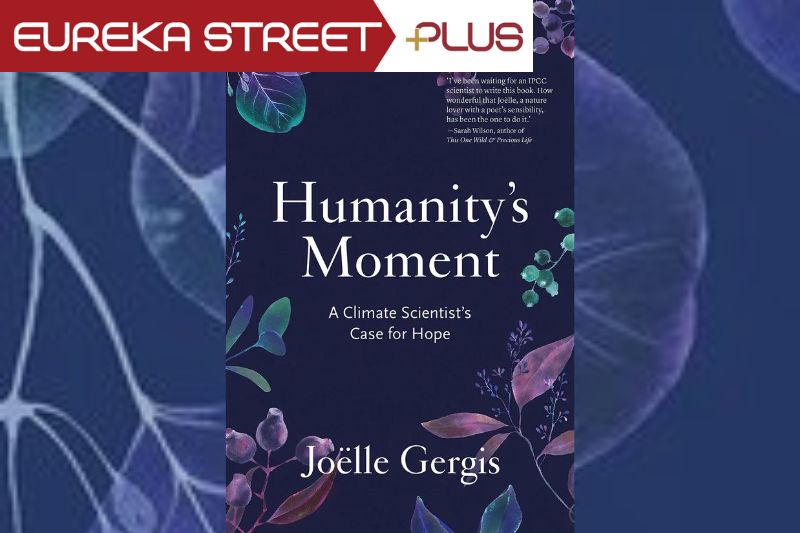
ENVIRONMENT
- Michele Gierck
- 24 March 2023
Climate science doesn't make for comfortable reading. As the climate crisis continues to escalate, Dr. Joëlle Gergis, prominent climate scientist and one of Australia's lead authors of the IPCC Sixth Assessment Report, offers readers a unique perspective on the urgent need for mass climate action and why we have reason to hope.
READ MORE 
-

ARTS AND CULTURE
- Andrew Hamilton
- 11 November 2022
3 Comments
In Justice in Kelly Country, author Lachlan Strahan writes on the life of his great-great-grandfather, a policeman whose career stretched over thirty years. When a significant part of that story is intermeshed with such a fiercely contested story as Ned Kelly’s, telling it introduces the further complexities of the writer’s sympathies and judgments.
READ MORE 
-

FAITH DOING JUSTICE
- Michael McGirr
- 09 September 2022
5 Comments
The Way had been a community of homeless people, built around difficult but wonderful characters. It taught me more than I can easily say. It was a world where things were not always as they seemed and people did not fit into little boxes. We had many challenging days and relationships with our guys were seldom easy, but there was an energy that found light in unexpected places.
READ MORE 
-

FAITH DOING JUSTICE
- Mike Kelly
- 04 January 2022
2 Comments
There are many gems and reflections on ‘fathering’ in Pope Francis’s apostolic letter, Patris Corde ‘With a Father’s Heart’, in which he nominates 2021 as the year to honour the fatherhood of St Joseph. Francis’s letter is inclusive, encompassing the scope of fatherhood and the responsibilities fathering entails. ‘Fathers are not born, but made’, Francis says.
READ MORE
-
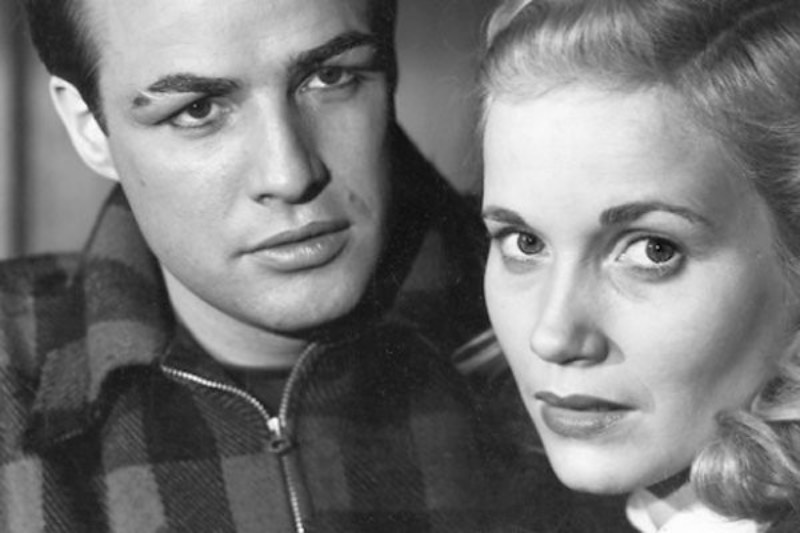
ARTS AND CULTURE
- Ian C Smith
- 13 April 2021
3 Comments
I flip his collar, air chill, damp, my quick fists burrowing into jacket pockets. I long for an angel with Edie’s face, convent-innocent, unlike mine, who might understand, even share, my boyish dream of making the big time.
READ MORE 
-

FAITH DOING JUSTICE
There are many gems and reflections on ‘fathering’ in Pope Francis’s apostolic letter, Patris Corde ‘With a Father’s Heart’, in which he nominates 2021 as the year to honour the fatherhood of St Joseph. Francis’s letter is inclusive, encompassing the scope of fatherhood and the responsibilities fathering entails. ‘Fathers are not born, but made’, Francis says.
READ MORE 
-

ARTS AND CULTURE
He enters a university library at thirty-five feeling like an imposter, rougher-hewn from suffering than most students, wrapped in an aura he thinks religious pilgrims experience shuffling along echoing naves of Gothic cathedrals, sombre, joyous.
READ MORE 
-
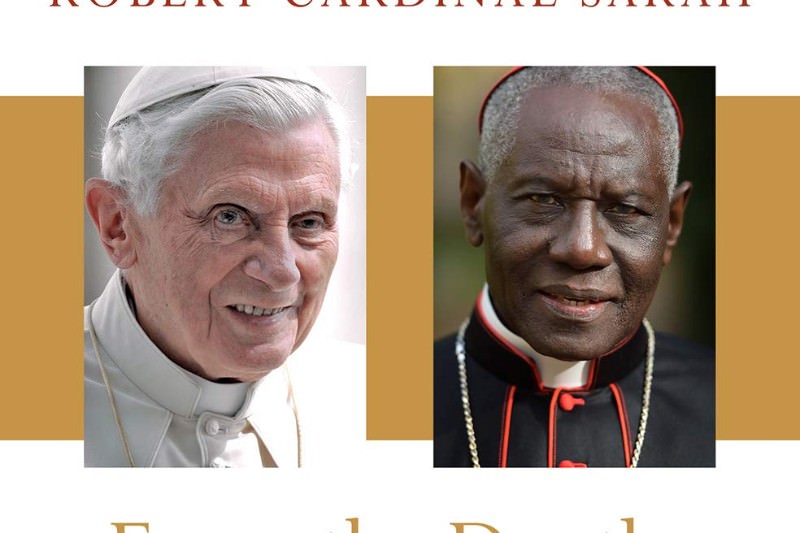
RELIGION
- Nick Brodie
- 16 January 2020
55 Comments
Cardinal Sarah's scandal-causing book arguing against changes to the rule of mandatory celibacy was a transparent attempt to thwart proposals coming out of the Amazonian Synod of 2019. Whatever the fallout, it should not be allowed to scare Australia's bishops off from discussing the subject during Plenary Council 2020.
READ MORE 
-
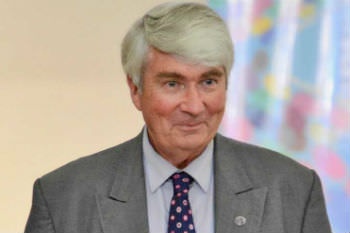
RELIGION
- Frank Brennan
- 18 February 2019
'We can do this better by breaking down the silos and binding together our concern for nature, justice for the poor, commitment to society, and interior peace.' Opening Keynote Address by Fr Frank Brennan SJ at the Catholic Social Services Australia National Conference, Port Macquarie 19 February 2019.
READ MORE
-
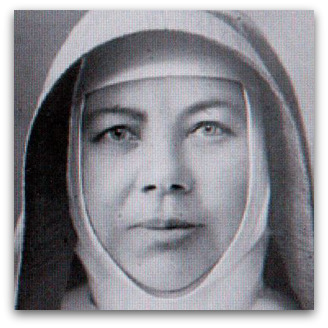
AUSTRALIA
- Michael Mullins
- 06 May 2013
13 Comments
'Never see a need without doing something about it' is the principle that guided Australia's first saint Mary MacKillop. This is also what drives successful politicians, and the NDIS is a good but rare example of this. Unfortunately few political leaders are able to see a real need and successfully legislate to do something about it.
READ MORE 
-
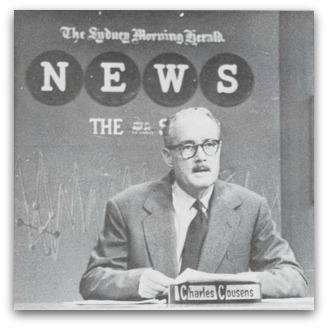
ARTS AND CULTURE
- Brian Matthews
- 12 October 2012
10 Comments
The name Charles Hughes Cousens is not one that has been canvassed during the lamentable and often tawdry debate about the Alan Jones affair, but perhaps it should have been. Cousens' ordeal as the target of a treason-baying press lies in the distant but pointed background to Jones' assault on Julia Gillard.
READ MORE 
-

RELIGION
- Frank Brennan
- 14 October 2011
Mary visited Rome as a young religious woman when she was being persecuted by local bishops for being too independent. She got a good hearing from the Pope and great assistance from Fr Anderledy who became the Superior General of the Jesuits. If only Bishop Bill Morris could have received the same sympathetic hearing.
READ MORE